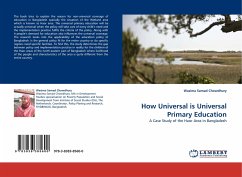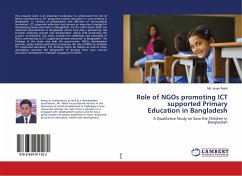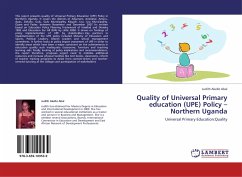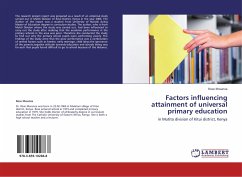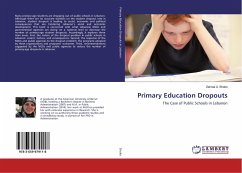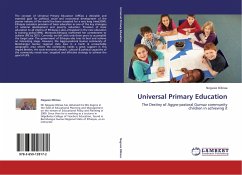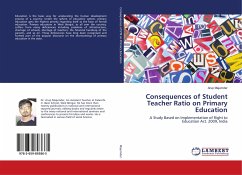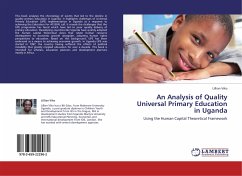The book tries to explain the reason for non-universal coverage of education in Bangladesh specially the situation of the Wetland area which is known as Haor area. The universal primary education will be actually universal when the policy will take care of every child's need and the implementation practice fulfils the criteria of the policy. Along with it people's demand for education also influences the universal coverage. The research looks into the applicability of the education policy of Bangladesh. Is the general policy fit for the entire country or do specific regions need specific facilities. To find this, the study determines the gap between policy and implementation practice in reality for the children of the Haor areas of the north-eastern part of Bangladesh where livelihood of the people and characteristics of the area is quite different from the entire country.

